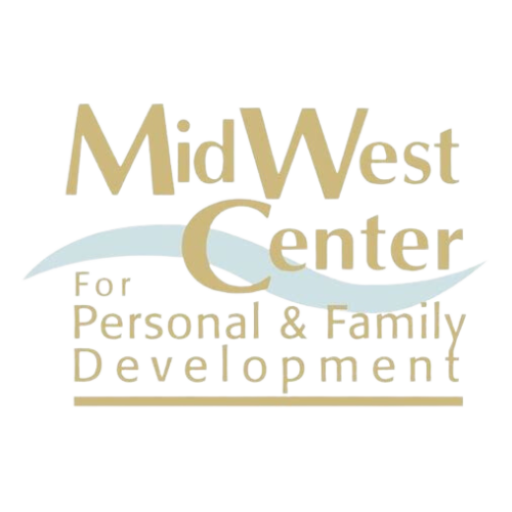Relationship Therapy: Things to Know

What is Relationship Therapy?
Relationship therapy—also known as couples therapy or marriage counseling—is a form of talk therapy that helps individuals in romantic partnerships resolve conflict, strengthen connection, and improve communication. It’s not only for couples in crisis; therapy can also support healthy relationships in growing even stronger.
Therapy is available for:
- Married couples
- Long-term partners
- LGBTQ+ couples
- Premarital partners
- Polyamorous or non-monogamous relationships
Why Do People Seek Relationship Therapy?
Couples may begin therapy for many reasons, including:
- Communication breakdown
- Trust issues or infidelity
- Financial stress
- Parenting challenges
- Sexual intimacy concerns
- Feeling emotionally disconnected
Some partners seek therapy during life transitions (like moving, career changes, or becoming parents) to stay grounded and emotionally connected.
What Happens in Relationship Therapy?
During sessions, a licensed therapist helps couples:
- Identify recurring patterns and unresolved issues
- Practice healthy communication strategies
- Understand each other’s emotional needs
- Learn how to manage conflict constructively
- Rebuild intimacy and trust
Therapists often act as neutral facilitators—helping each person feel heard while working toward mutual understanding and growth.
Common Types of Relationship Therapy
Several therapeutic approaches may be used depending on the couple’s needs:
- Emotionally Focused Therapy (EFT): Helps couples reconnect by exploring emotional responses and attachment needs.
- Gottman Method: Focuses on communication, conflict management, and shared meaning, based on decades of research.
- Cognitive Behavioral Therapy (CBT): Identifies thought patterns that influence relationship dynamics.
- Imago Relationship Therapy: Explores childhood experiences and how they affect adult relationships.
Can Therapy Save a Relationship?
Relationship therapy can be transformative when both partners are committed to the process. While not every relationship is meant to last, therapy can provide clarity—whether the goal is to heal and stay together, or to separate respectfully and with understanding.
How Long Does It Take?
The duration of therapy varies. Some couples benefit from short-term interventions (6–12 sessions), while others may attend therapy for months or years. Progress depends on the nature of the issues, willingness to change, and how often sessions occur.
When Should You Start Therapy?
It’s a myth that therapy is a “last resort.” In fact, starting therapy early—when problems first arise—can prevent deeper hurt and resentment. Relationship therapy is also helpful for couples in healthy relationships who want to grow stronger.
Who Can Benefit?
Relationship therapy isn’t just for couples in crisis. It’s ideal for:
- Partners who want to deepen their emotional intimacy
- People healing from betrayal or mistrust
- Couples navigating cultural or religious differences
- Those blending families or co-parenting after divorce
What If My Partner Won’t Go?
If one person is unwilling, individual therapy can still be valuable. Exploring your own patterns and responses often influences the relationship positively and may even motivate your partner to join later.
Living in a Healthier Relationship
Therapy can help couples:
- Feel more emotionally connected
- Resolve past hurts
- Support each other’s growth
- Handle conflict in respectful, healthy ways
A strong relationship requires ongoing effort, empathy, and a willingness to change together.
Frequently Asked Questions
The primary goal is to improve communication, resolve conflict, and increase emotional intimacy and satisfaction within the relationship.
Yes. Research shows that methods like Emotionally Focused Therapy (EFT) and the Gottman Method significantly improve relationship satisfaction and reduce conflict.
It varies. Some couples improve within 6–12 sessions; others attend for several months or longer depending on the issues at hand.
Individual therapy can still help you process relationship challenges, improve your own patterns, and potentially influence your partner to participate.
Yes. Therapy provides a safe space to process betrayal, rebuild trust, and decide whether and how to move forward as a couple.
Relationship therapy focuses on the dynamics between partners, while individual therapy explores your personal thoughts, behaviors, and history.
No. Any type of committed relationship—whether dating, cohabiting, married, or polyamorous—can benefit from relationship therapy.
Frequent arguments, emotional disconnection, lack of intimacy, resentment, or communication issues are all signs that therapy may help.
Emotionally Focused Therapy and the Gottman Method are two of the most evidence-based and widely used approaches for couples.
In many cases, yes. Therapy can help address root issues before they become irreparable, and teach couples how to reconnect.
Yes. Teletherapy can be just as effective as in-person sessions, especially when both partners are engaged and consistent.
It’s okay—therapy is a place to express difficult emotions in a constructive way. Your therapist will guide the conversation and keep things respectful.
No. A trained couples therapist remains neutral and supports both partners in understanding and improving the relationship.
Express your desire to grow together and frame therapy as a way to strengthen—not fix—the relationship. Focus on what you both could gain.
Sometimes therapy reveals that the relationship may not be sustainable. In these cases, therapy can still provide closure, healing, and a path forward.

